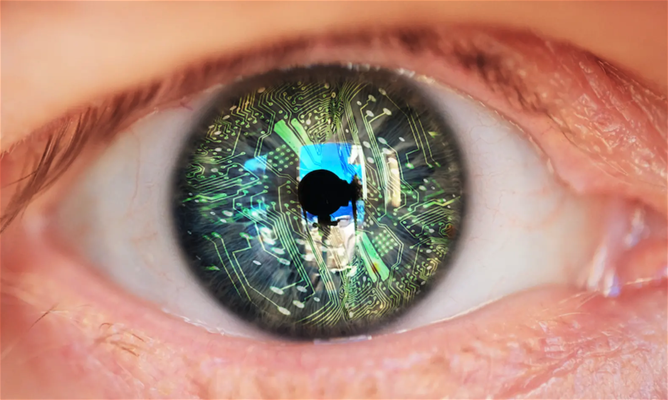by
User Not Found
| Apr 03, 2019
Sophie Fenton, Head of Education Design, Asia Education Foundation

Today’s world is increasingly volatile, uncertain, complex and ambiguous - or VUCA.
The VUCA acronym was first used in 1987 in a military context, but has recently started to filter into the wider lexicon, as exponential technological growth radically and rapidly changes our environment.
This disrupted and disrupting environment presents challenges and opportunities that have government, industry, enterprise and education grappling – all trying to strategically re-orientate for a VUCA world.
But as technology increasingly shapes our terrain, it’s human interactions that will matter more. As that same technology increasingly shrinks our world, our intercultural understanding will become crucial in equipping us not only to thrive in the world, but to create for it.
The world of our future has been described as an “intelligent, digital mesh” where artificial intelligence is the engine, and physical and virtual environments are conflated into an immersive digital existence. It’s technology meshing people, processes and objects together for a new kind of existence and lived experience.
This will require us to have a range of skills that enable humans to interact with andin the immersive world of augmented, virtual and mixed reality.
Soul Machines, a New Zealand tech company, recently launched ‘digital humans’, as the interface between consumers and providers. The world of tomorrow is actually already here. We will soon be facing not only an interconnected world, but an inter-digital world.
We need to have a keen sense of self and others in order to effectively navigate this new way of being a community.
This mesh will involve teaming technologies with the cognitive processing, ethical reasoning, social and emotional interaction, alongside the creativity of human beings.
According to Professor Andreas Schleicher, the Director for Education and Skills at the Organisation for Economic Co-operation and Development (OECD), “it will be our imagination, our awareness and our sense of responsibility that will enable us to harness digitalisation to shape the world for the better”.
And it’s up to today’s educators to prepare us for this challenging and complex future.
REALISING OUR COLLECTIVE POTENTIAL
In a world where technology will replace routine tasks, humans will be freed up to engage in more creative and more strategic thinking activities. However, these kinds of activities will also involve greater human engagement.
In this context of ‘people-to-people’ emphasis, education will increasingly need to focus on explaining and enhancing our human qualities.
Systemically, education is shifting to address this new and evolving context.
Policy has shaped curriculum design which emphasises critical and creative thinking, emotional intelligence and social resilience. In education - adaptability, risk taking and innovative thinking are becoming increasingly targeted capabilities for this new landscape.
However, there is more to be done to internationalise the educative experience, if we are to develop global citizens. Empathy and the capacity to see the world through the eyes of others are also both crucial to the development of a cohesive, collaborative and generative society.
The world is shrinking, as digitalisation connects people across the globe in ways that vastly increase our collective potential. This presents great opportunities and significant challenges.
How we experience this shrinking world will be determined by the intersections between the digital terrain and the cultural, social, political and economic systems in which we exist and function through.
As our environment becomes increasingly shaped by technology and singularity (when advances technology will meld humans and technology into singular entities and mixed existence) looms on the horizon - how we connect and interact as humans will become more essential to our lived experience than ever.
AN INTERCONNECTED, INTERCULTURAL WORLD
Realising that collective potential will depend increasingly on being able to bring together diverse elements, synthesise them and create something new.
This involves being receptive, questioning, and seeing connections in disparity. Fundamentally, development depends on the ability to read and understand diversity.
To thrive in a small world, we need to have an understanding of how others live and think. Intercultural learning exposes all of us to different contexts and perspectives, enabling them to recognise, understand and interpret diversity.
Through intercultural understanding, we can anticipate and apply our knowledge in innovative ways as a result of our exposure to ideas and insights that sit across borders and contexts
Education now incorporates the concept of global competence, developing capabilities that enable us to see the world through different eyes and appreciate different ideas, perspectives and values.
It’s our responsibility as educators for this challenging future to develop globally competent people, who are inter-culturally aware, connected, empathetic and action-oriented.
This competence gives all of us the ability to navigate global complexity and build thriving diverse communities within and across this shrinking and immersive VUCA world.
Intercultural learning empowers us to think both independently and in concert with others.
This article first appeared in the University of Melbourne's, Pursuit.
Comment